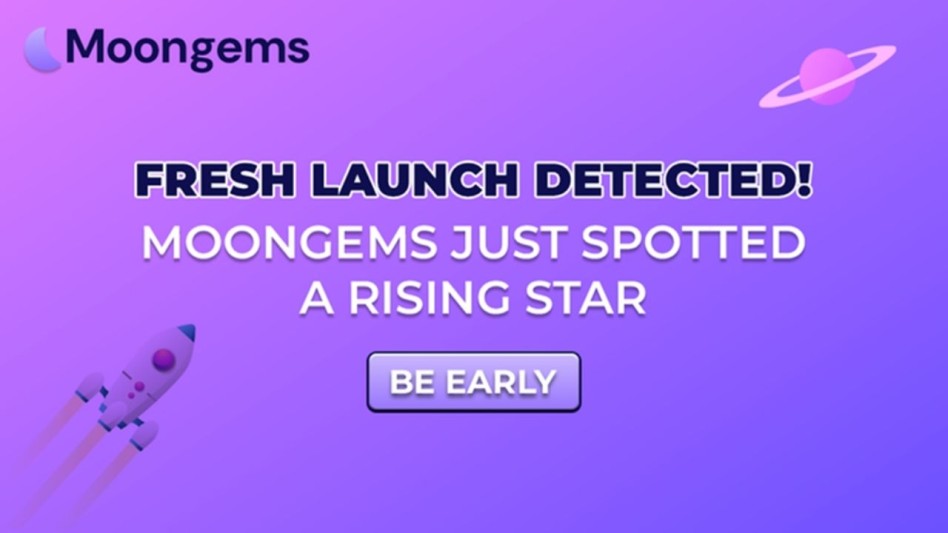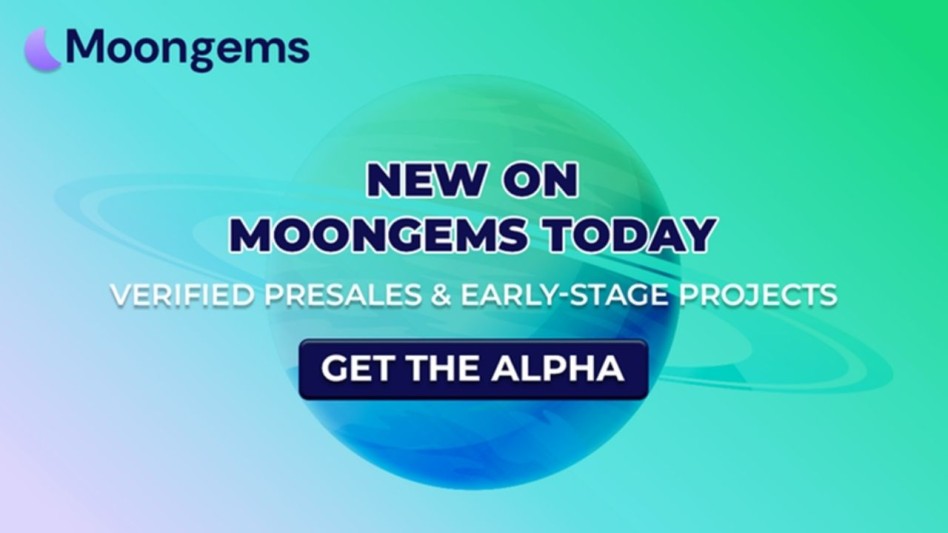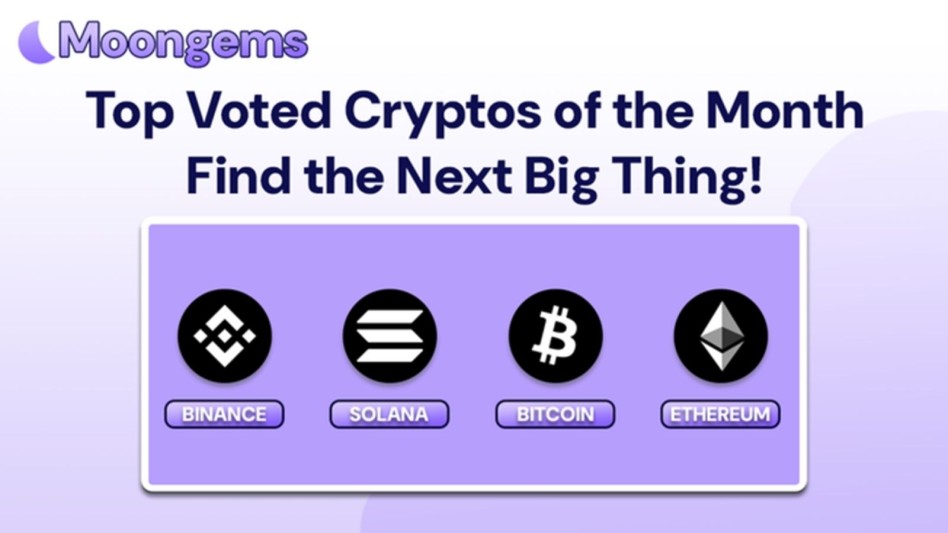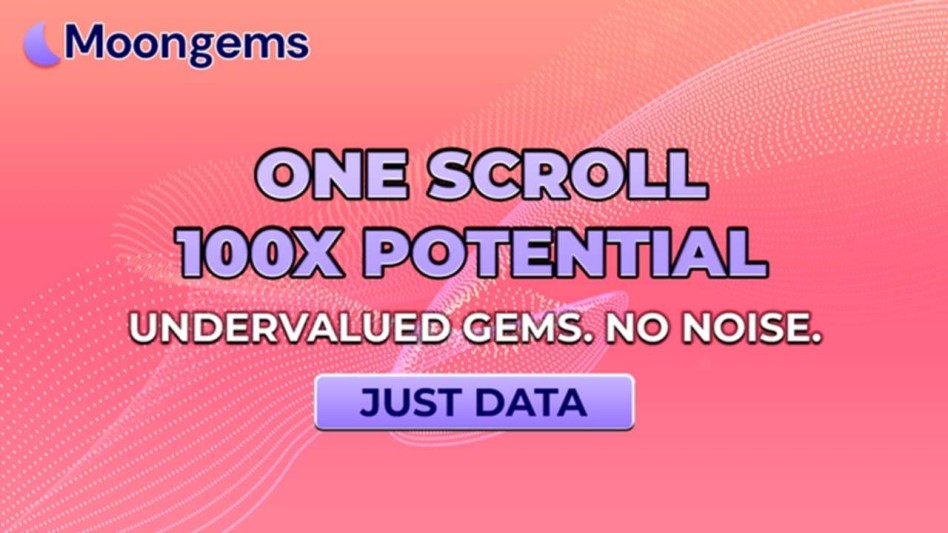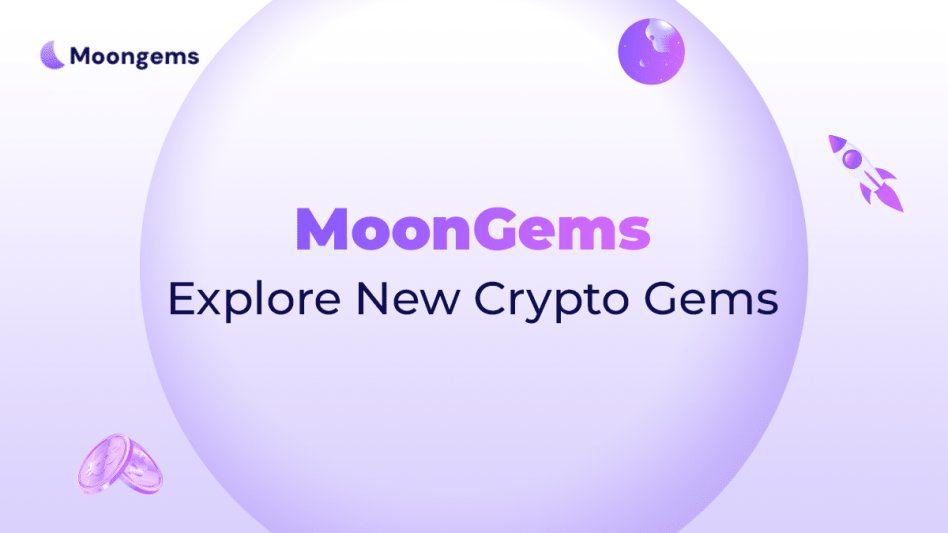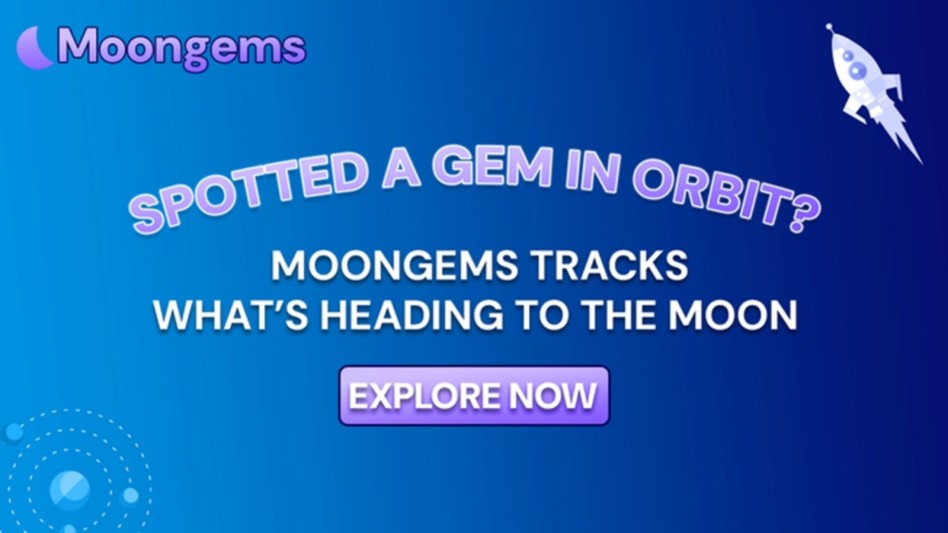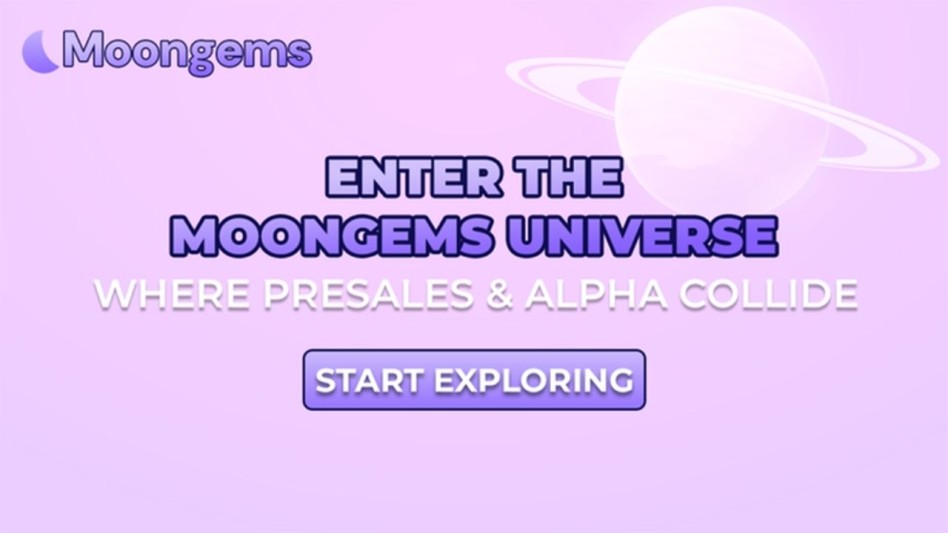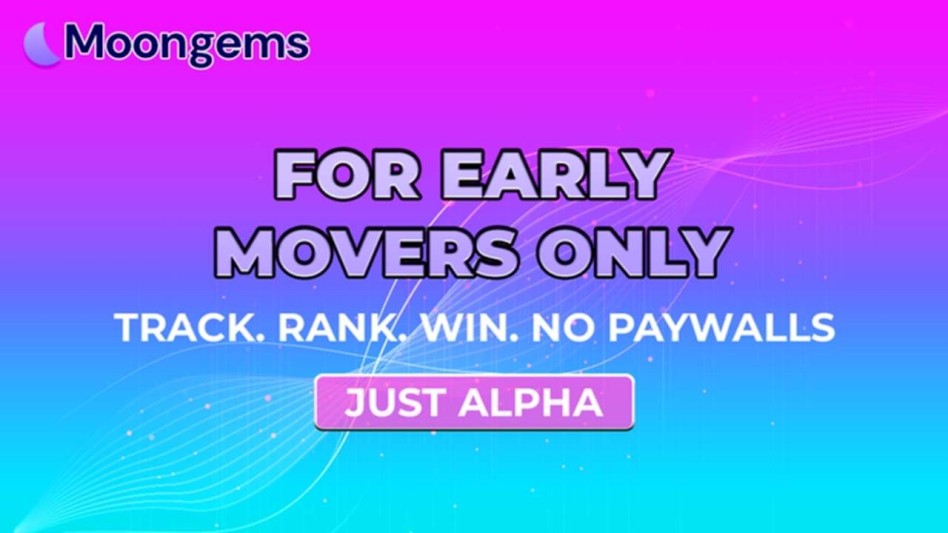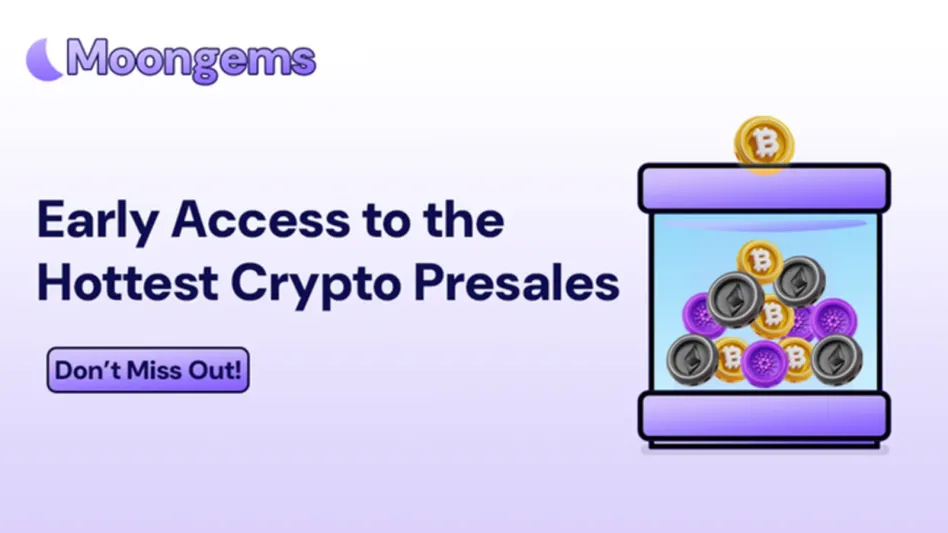Author: Jawad Hussain – Crypto Analyst & Web3 Researcher | 9+ years tracking presales, IDOs, and token launches. Follow him on Twitter and LinkedIn.
Crypto presales can turn small investments into life-changing returns—or drain your funds faster than a rug pull on launch day. The difference comes down to spotting the red flags before you buy.
Scams in the presale space have become more advanced, polished, and sadly, more common. Flashy websites, AI-generated team profiles, and fake audit badges can fool even experienced investors. That’s why platforms like MoonGems don’t just list presales—we dissect them.
We’ve seen it all: stealth minting backdoors, fake liquidity locks, influencers paid to promote vaporware, and teams that vanish after hitting their soft cap. MoonGems outlines 10 major red flags in this guide that scream “scam.” Ignore them at your own risk.
Whether you're a first-timer or a seasoned degen, this checklist can save your portfolio and sanity. If any of these signs appear in a presale you're considering, it's time to stop, reassess, and move on. Let MoonGems help you protect your capital before you lose it.
1. Anonymous Team with No KYC or Public Presence
A fully anonymous team isn't always a dealbreaker—but when there’s no trace of real humans, that’s red flag number one. Scammers love to hide behind cartoon avatars and vague bios like “Crypto OG” or “Web3 Veteran.”
At MoonGems, we only feature presales where the team has passed KYC verification or actively engages the community. If the team won’t show their face or even link to LinkedIn, you should assume they’re hiding for a reason.
Ask yourself:
- Can I find any of the team on social platforms?
- Have they done AMAs or interviews?
- Is there KYC verification from a reputable provider?
If the answer is no across the board, it’s not a project—it’s a persona.
2. No Smart Contract Audit (or a Fake One)
One of the oldest tricks in the presale scam playbook is faking a smart contract audit. They’ll slap a CertiK or SolidProof badge on their website, but clicking it leads nowhere, or to a plagiarized PDF from another project.
MoonGems verifies every audit before a presale is listed. That includes checking:
- Is the audit linked directly from the auditor’s website?
- Are vulnerabilities disclosed and marked as resolved?
- Is the code publicly verifiable?
If a presale hasn’t been audited—or worse, is pretending it has—run. Audits don’t guarantee safety, but their absence almost guarantees risk.
3. Liquidity Not Locked or Poorly Explained
Without a locked liquidity pool, developers can withdraw all funds and disappear—classic rug pull mechanics. And even if they claim it’s locked, you're still exposed if the lock duration is short or unclear.
MoonGems tracks liquidity lock status across all verified listings. We look for:
- LP tokens locked for at least 6–12 months
- Verified lockers like Unicrypt or Team Finance
- Transparent Etherscan/BSCScan links to validate lockups
If a project says, “We’ll lock liquidity after launch,” don’t believe it. Lock it or lose it.
4. Inflated Hype with No Product
If the marketing is louder than the roadmap, you’re looking at a hollow shell. Scams love noise: big promises, celebrity endorsements, and “partnerships” with nonexistent brands.
MoonGems only features projects with real, tangible development milestones, not just promises of “coming utility.” The exit stage is left if the entire presale page is marketing fluff with no whitepaper, GitHub, or prototype.
Red flags include:
- Overuse of buzzwords like “AI-powered,” “Web3 2.0,” or “The Next Ethereum”
- Telegram groups are full of bots or giveaway spammers
- Influencers promoting the token without doing deep dives
If there’s no product, there's no purpose—just hype.
5. Poor or Nonexistent Tokenomics
MoonGems reviews tokenomics line by line because bad tokenomics are a blueprint for disaster. Look out for:
- Team allocations above 25% with no lockups
- Token supply numbers that make no sense
- No mention of vesting or burn mechanisms
Scam projects often hide their tokenomics or make them intentionally complex. If it’s hard to figure out who’s getting what and when, it’s meant to be.
MoonGems requires tokenomics transparency for all presales listed on our platform. Anything less, we pass—and you should, too.
6. Unrealistic APY or Staking Rewards
“Earn 1,200% APY with no lockup” sounds great… until the token price tanks 95% and the staking pool dries up in a week. These sky-high rewards are often funded by freshly minted tokens, turning staking into a Ponzi scheme.
MoonGems looks for sustainable staking models backed by:
- Platform fees or protocol revenue
- Emission caps and burn offsets
- Time-locked staking for true holders
If staking is the only feature, and rewards seem mathematically impossible, it's not DeFi—it’s deception.
7. No Vesting Schedule for Early Buyers
If private investors, influencers, or the team can dump on day one, your gains are their exit. Vesting schedules protect you from coordinated dumps, and their absence is one of the strongest indicators of a cash grab.
MoonGems won’t list any presale that lacks:
- Locked team wallets with long cliffs (6+ months)
- Gradual vesting for private or seed investors
- Linear vesting or claim schedules for buyers
No vesting = no trust. If they can dump before you can blink, you’re the exit liquidity.
8. Missing or Plagiarized Whitepaper
Some scams skip the whitepaper altogether. Others just copy it from another project, change the name, and hope no one notices. If the whitepaper looks familiar or lacks any detail on the product, tokenomics, or roadmap, it’s probably fake.
MoonGems runs plagiarism checks on whitepapers and analyzes content structure for depth. We look for:
- Use-case clarity
- Technical specs
- Security models
- Revenue strategies
A real whitepaper reads like a business plan. A scam reads like marketing filler with no follow-through.
9. No Community or Scripted Engagement
If a Telegram group has 30,000 members but no real conversation, you’re looking at a bot farm, not a community. Engagement should feel human, skeptical, and inquisitive—not rehearsed and overly positive.
MoonGems monitors community health by checking:
- Chat activity over time
- Founder's response to tough questions
- Presence of mods or community managers
- Natural user behavior vs scripts
Good projects welcome critical questions. Scams delete them.
10. Aggressive “Buy Now” Tactics or Pressure
“If you don’t buy now, you’ll miss out” is one of the oldest scams in the book. Urgency marketing is normal, but real projects don’t bully you into decisions.
Be wary of:
- No refunds or transparency on fund usage
- Sudden presale timers with no context
- Bans for asking legitimate questions
- Influencer FOMO tweets without substance
MoonGems never features projects that pressure or mislead. We want you informed, not manipulated.
Conclusion
Scams aren’t just alive—they’ve evolved. In 2025, the worst presale projects wear the cleanest suits. They copy real teams, borrow brand identities, and flood the space with noise. But when you know the signs, you can stop them before they reach your wallet.
MoonGems applies every red flag mentioned in this article to its screening process, so you don’t have to. From fake audits to liquidity traps and shallow whitepapers, our system flags shady mechanics early. That’s how we protect our community—and why our readers trust what we list.
Don't second-guess yourself if any of these 10 red flags appear in your research. Just leave. There are better opportunities out there—opportunities MoonGems is already tracking.
Frequently Asked Questions
- How do I know if a crypto presale is a scam?
Look for red flags like anonymous teams, fake audits, missing tokenomics, or liquidity that's not locked. MoonGems tracks all of these signs. - Is an unaudited smart contract always unsafe?
It’s high risk. MoonGems only features audited contracts or those in active audit stages with transparent results. - What’s a liquidity lock and why does it matter?
It ensures the project can't pull out trading funds post-launch. MoonGems checks lock duration and platform for every listing. - Can meme tokens be legit?
Yes—but only if backed by real utility and tokenomics. MoonGems filters meme coins using stricter risk models. - Why are vesting schedules important?
They prevent early dumps by locking team and investor tokens over time. MoonGems doesn’t list presales without them. - Should I join a presale with no whitepaper?
No. Lack of a whitepaper shows a lack of vision—or an attempt to hide the truth. - What makes MoonGems trustworthy?
We vet every presale for red flags, audit reports, token structure, founder background, and community behavior before featuring it.
Glossary of Key Terms
- Rug Pull: Scam where devs drain liquidity and vanish
- KYC: Know Your Customer identity verification
- Liquidity Lock: Mechanism that prevents devs from stealing LP funds
- Cliff Period: Time before team tokens unlock
- Fake Audit: Fraudulent security badge or report
- Emission Rate: Speed at which new tokens are released
- Vesting Schedule: Token release timeline for buyers/team
- Bot Farm: Group of fake users inflating social media numbers
- Whitepaper: Document outlining the project’s vision, tech, and roadmap
- MoonGems Scam Score: Internal risk flag based on scam indicators
Disclaimer
This content is for educational purposes only. Cryptocurrency investing—including presales—carries high risk. Always do your own research, use platforms like MoonGems to assess legitimacy, and consult a licensed advisor before participating.



